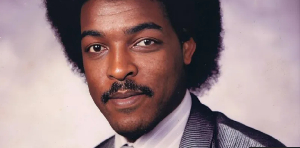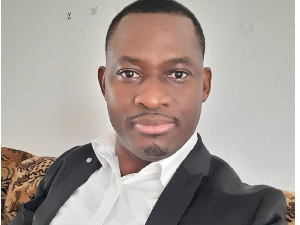Knowing when to say you love someone can be tricky. You know you’re feeling something, but you’re not quite sure how your new partner will react.
What should you do? When is the right time to share how you feel? The Cheat Sheet reached out to marriage and family therapist Dr. Georgiana Spradling to get her take on the right time to express your love.
Dr. Georgiana Spradling: If you are dating someone, the best time to say I love you is:
After you have taken the time to analyze your feelings, and are sure that what you are feeling is love and not something else, such as infatuation or fear of being alone, for example.
When you know the person well enough to be certain he or she is the one you want to have a deep relationship with.
Once you have evaluated the person thoroughly and decided that you would like a deeper commitment, it is important to be honest, and at that point there is no need to wait.
Many people are “followers” when it has to do with love. In other words, no matter how sure they may be about their own feelings, they will wait until the other person reveals their feelings before expressing themselves.
Although being cautious and not expressing feelings without taking the time to think about it is wise, basing your own behavior on someone else’s is not only manipulative, but also dangerous.
This is because the other person probably has their own agenda and insecurities. Therefore, following them can create confusion and instability in the relationship.
The only exception would be if you know for a fact that they do not love you back. In that case, it would be appropriate to follow their lead.
CS: When is it best not to say anything?
GS: It’s better not to say you are in love with the person in the following scenarios:
When you have not had enough time to evaluate the person.
When you have not had enough time to understand your feelings.
When the relationship you have with them is not personal. For example, if you fell in love with your boss, it would not be appropriate to express love toward him or her.
When you would be hurting someone who has a vested interested and your action, it would be inappropriate. One example would be if you were to fall in love with your best friend’s partner.
If the other person has already told you that they do not love you and do not want an intimate relationship with you.
CS: What should you do if the other person doesn’t feel the same way?
GS: Once you are sure about how you feel, it is in your best interest to find out if the other person feels the same way and is open to a deeper relationship. If he or she is not, knowing it will save you time and heartache down the road.
So no matter how much it would hurt to hear he or she doesn’t feel the same way, you would gain time and have a chance to manage your feelings before they get any deeper. So if the person does not feel like you do, you should count your blessings that you have this information and accept his or her decision.
CS: What if the shoe is on the other foot and someone says he or she loves you, but you’re not ready to say it back?
GS: If someone you are dating says “I love you” before you are ready to say it, it is best to explain how you feel without being unkind or brusque. It is important not to feel coerced into a relationship that you’re not ready for. Before you commit, you must have the opportunity to evaluate the other person for traits and behaviors that would make you unhappy. Until you have finished this process, anyone you are involved with should understand and give you the space to find the certainty you need in order to proceed.
CS: Anything to add?
GS: My Emotional Intelligence relationship coaching practice is highly focused on evaluating partners, understanding and managing thoughts, feelings, and behaviors, and letting go of relationships that do not fit or are unhealthy. Two of the things most people fail to do before committing (saying “I love you”) are: Taking the time to understand what they do not want in a relationship, and Conducting a thorough evaluation of their partners’s unhealthy traits and behaviors.
Entertainment of Sunday, 16 October 2016
Source: cheatsheet.com

















